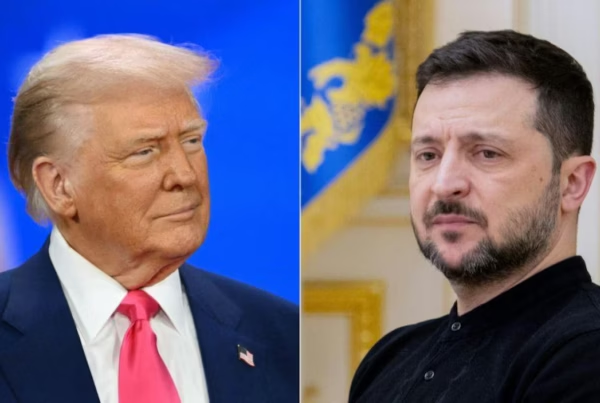September 25, Lyon.
Grace Meng is in deep shock. She’s just received a message from her husband on WhatsApp; an emoji icon of a knife tainted by blood and, a short sentence saying ‘’wait for my call.’’ She is fully aware that her spouse and two young children are in grave danger, which might even be a matter of life and death.
This is the kind of typical plot one may find in a thriller novel or a Hollywood style gangster movie. Unfortunately, for Grace Meng, this unexpected WhatsApp message is just the very beginning of an endless nightmare going beyond her own imagination. Because Grace Meng’s husband is no less than Meng Hongwei, the head of Interpol, the International Criminal Police Organization.
Meng Hongwei had arrived in Beijing after flying out from Stockholm earlier on the same day before sending his wife this short but alarming message, which was the last contact between them. After having been waiting despairingly for her husband’s promised phone call days and nights, Grace Meng finally decided to seek external help on October 4th, by reporting her husband’s disappearance to the French Police.
After the official involvement of French government and on the official request of Interpol, the Central Commission of for Discipline Inspection of the Communist Party of China announced on October 8th that Meng was under investigation for bribery, by the National Supervisory Commission, a newly founded supreme anti-corruption agency after the 13th National People’s Congress in 2018.
As a law graduate from the most prestigious Peking University, the long serving vice-minister of the Chinese Ministry of Public Security and most of all, the president of Interpol since 2016, Meng is undoubtedly one of the most remarkable Chinese experts in the field of criminology. He has dedicated his whole career to chasing the most notorious criminals around the world. Ironically, he was just arrested like any of the criminals he had spent his life working against.
The information regarding Meng’s arrest is extremely limited and few reliable sources exist, no matter whether in China or in other countries. The detailed accusations against Meng have not yet been announced by the Chinese government, which left the world with no answers.
Nevertheless, for the moment, it seems safe to affirm that the arrest of Meng involves the political infighting within the Communist Party of China. The Anti Corruption Campaign launched by General Secretary Xi Jinping in 2012 is generally regarded as a paramount tool for him to restore the ruling legitimacy of the Party among people. It is also aiming at further weakening the opposition force, reluctant to reforms within the party.
During the Anti-Corruption Campaign, the conviction of Zhou Yongkang, considered as the third most powerful Chinese politician, for bribery and disclosure of national secrets, which led to his life imprisonment in 2014, broke the long standing unspoken rule of ‘’the criminal immunity of members of SCP (Standing Committee of Politburo)’’ since the end of Cultural Revolution. Meng, who was personally promoted by Zhou as the vice minister of Public Security in 2012, has always been deemed as one of his most trustworthy allies. It is highly possible that Meng’s arrest is related to Zhou’s disgrace several years ago.
Eradicating the opposition force within the security apparatus is an urgent and indispensable task for Xi Jinping to carry out his envisioned institutional reforms of the CCP. The arrest of Meng could therefore be interpreted as an evidence of Xi’s firm commitment to consolidate the anti-corruption achievements in the past years.
This article has been written within the partnership between TheSundialPress and Sciences GéoPo.
This article made you feel captivated, stunned, convinced, angry, or even, revolted? Don’t miss the opportunity to come and debate with the members of Sciences GéoPo on Thursday, October 18th, during lunchtime!
Other posts that may interest you:
Discover more from The Sundial Press
Subscribe to get the latest posts sent to your email.





